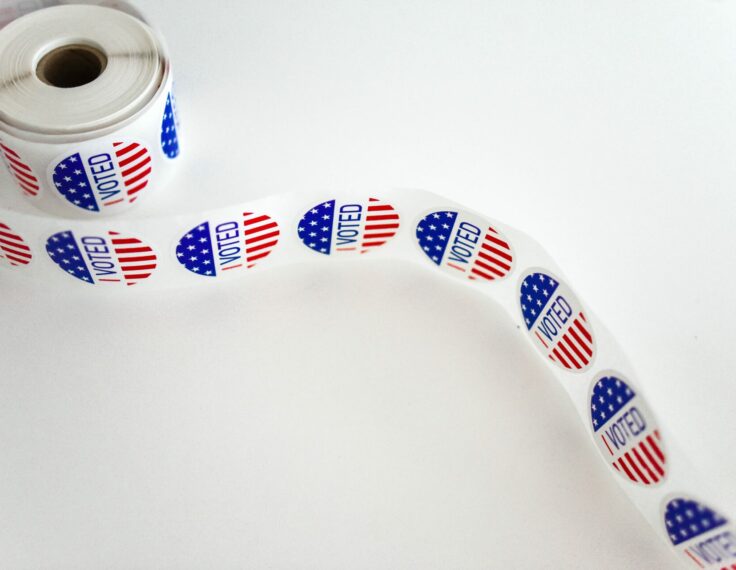Articles By
Benjamin A. Lyons

Older Americans are more vulnerable to prior exposure effects in news evaluation
Benjamin A. Lyons
Older news users may be especially vulnerable to prior exposure effects, whereby news comes to be seen as more accurate over multiple viewings. I test this in re-analyses of three two-wave, nationally representative surveys in the United States (N = 8,730) in which respondents rated a series of mainstream, hyperpartisan, and false political headlines (139,082 observations).

Research note: Explicit voter fraud conspiracy cues increase belief among co-partisans but have broader spillover effects on confidence in elections
Benjamin A. Lyons and Kaitlyn S. Workman
In this pre-registered experiment, we test the effects of conspiracy cue content in the context of the 2020 U.S. elections. Specifically, we varied whether respondents saw an explicitly stated conspiracy theory, one that was merely implied, or none at all. We found that explicit cues about rigged voting machines increase belief in such theories, especially when the cues target the opposing political party.
